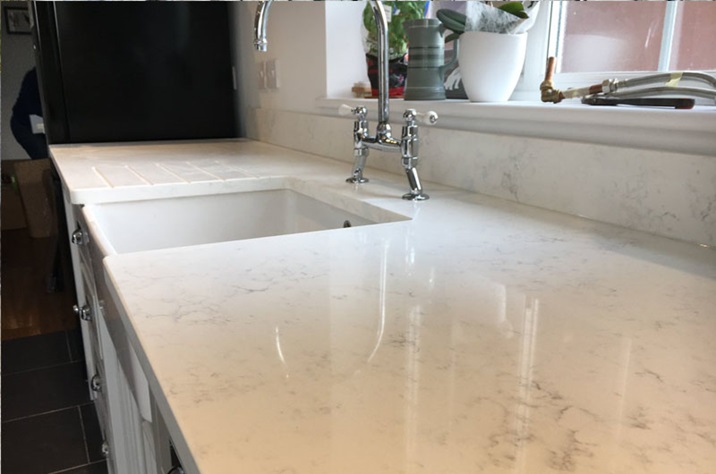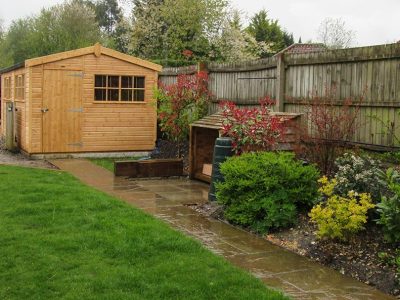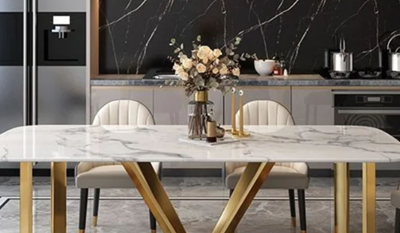Quartz worktops, with their sleek appearance and array of attractive hues, are quickly replacing traditional natural stones like granite and marble.
What is quartz Worktops, and how do they stack up against the competition?
Quartz worktops are synthetic surfaces that consist of quartz (93%) and additional materials (7%, including resin binders, colourants, and other fillers). Because of their resistance to scratches, stains, and heat, quartz worktops are a long-lasting and easy-to-maintain choice for any kitchen.
Should you choose quartz or granite Worktops?
Quartz Worktops: Advantages
1.Different fashions
The abundance of options in terms of colour and style is immediately apparent. Quartz Worktops may be found in a rainbow of tones, from soft pastels to deep, striking hues. Worktops may be tailored to your kitchen’s aesthetic with various colour, pattern, and finish options.
- An unwavering visual integrity
Quartz Worktops look the same from one installation to the next, which is a definite plus. Compared to granite, Quartz Worktops are more homogeneous in appearance, lending them a more contemporary air.
3.Durability
If you drop a large object on your quartz countertop, it is less prone to break or crack than other countertop materials.
- Convenience in layout
Quartz Worktops are attractive and convenient to design, too. The slabs’ design makes them more manageable to work with than more traditional materials like granite. The countertop may be tailored to your kitchen’s dimensions and aesthetic preferences in this way.
- Simple upkeep and cleaning
The stain-proof, nonporous surface won’t soak up liquids or microorganisms. Quartz is nonporous. Therefore, quartz Worktops don’t need to be sealed or treated with any special care.
- Marketability
Quartz Worktops, in conclusion, can boost your home’s market price. Quartz worktops are an attractive upgrade that can increase your home’s resale value.
Disadvantages
1.Cost
Quartz Worktops provide numerous benefits, but there are also some downsides. The high price tag is the main drawback. Quartz Worktops are pricier than alternatives like laminate and ceramic tile for kitchen and bathroom counters.
- Size restrictions
Size constraints are another issue. Quartz Worktops are available solely in conventional sizes due to their manufactured nature. Because of this, you may have trouble locating a quartz countertop that works with your current kitchen cupboards.
3.Weight
Worktops made of quartz are likewise very hefty. This may be problematic if the countertop is destined for a kitchen island or the second level.
- Easily harmed by heat
Quartz Worktops can potentially be damaged by too much heat. Discolouration or cracking can occur if hot things, such as a pot or skillet, are placed directly on a countertop. Because of this, a trivet or cutting board should be used whenever food is being prepared on quartz Worktops.
- it’s hard to do a DIY installation
Quartz Worktops require expert installation. This can make the process more expensive and time-consuming than standard countertop installs.
How About Quartz Worktops for the Kitchen?
Quartz Worktops are an excellent option for any home’s kitchen. However, having one professionally installed might be costly. Quartz, however, maybe the best option if you want a countertop that lasts many years.
Timeline and Buying Advice for Quartz Worktops
If you’ve made that decision, there are a few things to do before buying quartz Worktops. Check out the pricing and colours of several brands first. After choosing a make and colour, compare pricing. After your order, the countertop will be dispatched within a week. The last step is to arrange for an installation by a qualified contractor.
How does quartz stand up against granite?
To imitate the appearance of genuine stone, man-made composites like faux granite are used. Quartz crystals, broken stones, acrylics, dyes, and pulverized marble are some materials used to create this stone. You may save money by purchasing imitation granite and marble instead of real stuff. Quartz can also be found in the synthetic variety.
Granite works well as a countertop material in the kitchen and the bathroom.
The stunning appearance of the quartz slab has also caught the eye of many buyers.
One further important consideration when contrasting stones is their impact on the environment.
To mine for natural granite, a lot of effort is required. So, you can trust that composite stones will continue to be environmentally friendly. Quartz is another eco-friendly material that may be used to make Worktops.
A granite countertop, once again, should be cleaned with mild soap and water every day. Acids or oils might cause stains on the surface. The countertop has to be resealed annually as well.
Quartz, on the other hand, must be regularly cleaned to prevent stains.
The most impressive feature of quartz is that it is harder to damage than granite. Unlike granite, it won’t let bacteria thrive on your countertop.








Comments